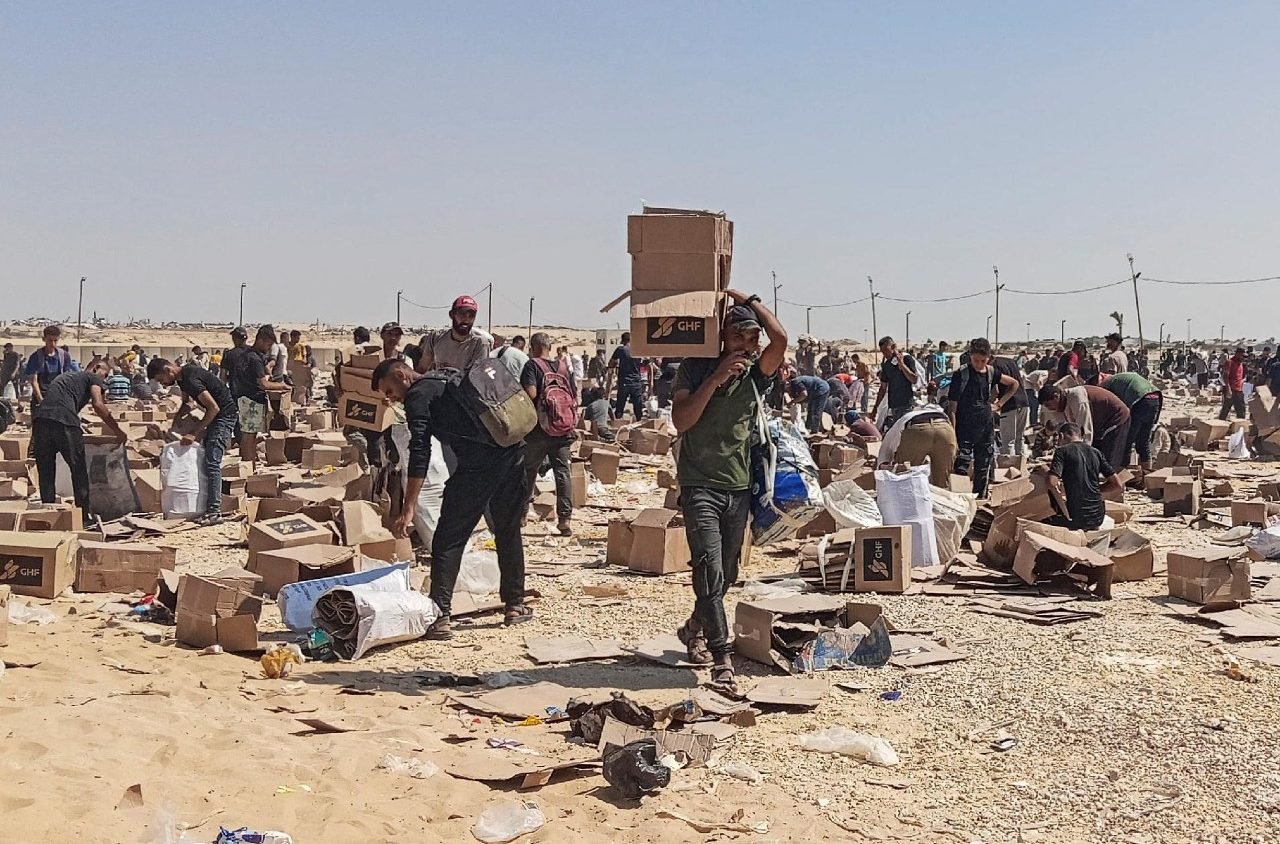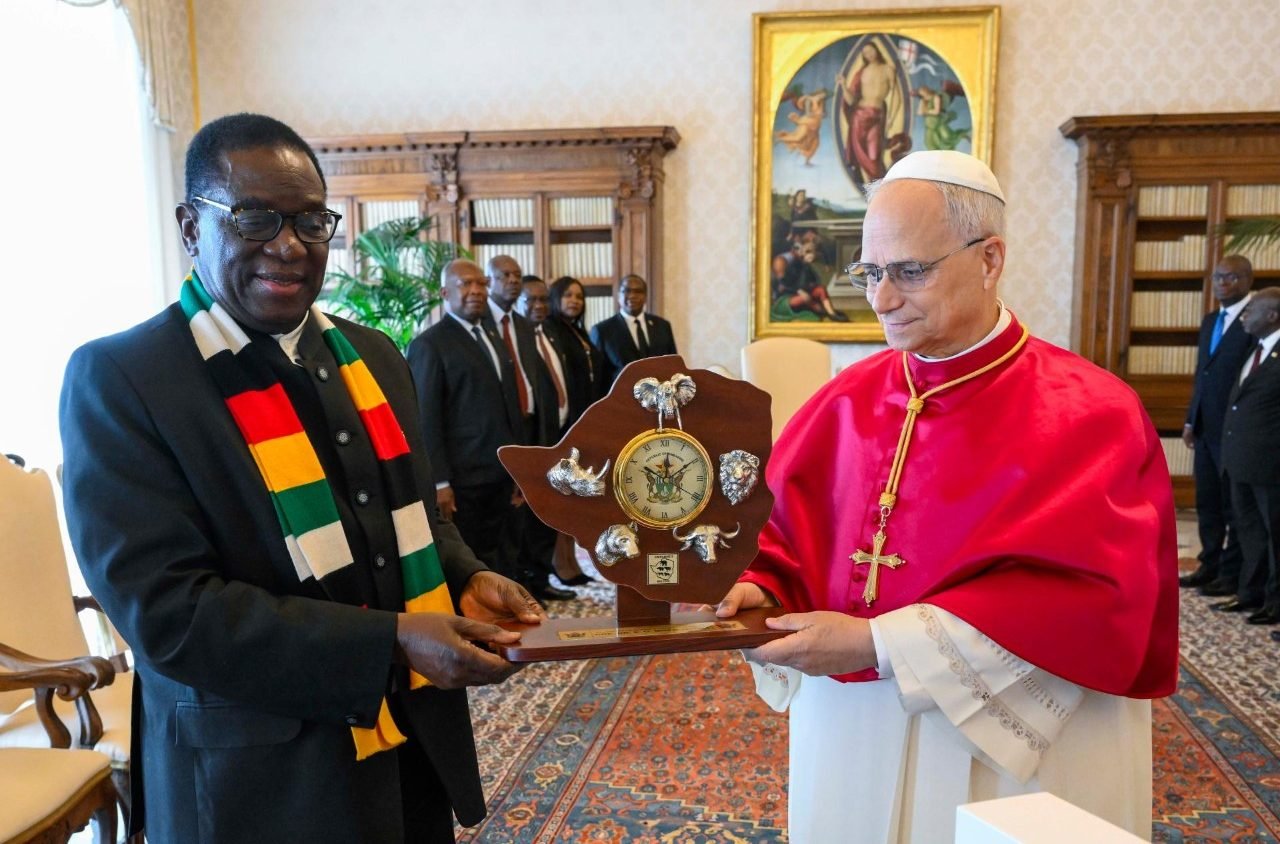
The humanitarian crisis in Gaza has reached a critical point, with food aid becoming a tool of political strategy rather than relief. The failure of the Gaza Humanitarian Foundation, a joint Israeli-American initiative, highlights the collapse of efforts to secure a ceasefire and exposes deeper tensions over control, legitimacy, and the future governance of the Strip.
By Roberto Cetera
The recent events surrounding the distribution of humanitarian aid in Gaza and the operational failure of the Gaza Humanitarian Foundation (GHF), serve as a stark indicator of the broader collapse of prospects for a ceasefire in the Strip.
The Foundation was launched as a joint Israeli-American initiative to address the severe famine affecting the Palestinian population in Gaza for the past three months. This crisis intensified after the Israeli government imposed a blockade on the entry of humanitarian aid in early March, and even more so following the suspension of operations by UNRWA and other United Nations agencies.
Israel justified its actions by alleging that humanitarian convoys organised by the UN were routinely and violently seized by Hamas militants. These militants, in turn, redistributed the stolen supplies to the population, thereby seeking to reassert their control and dominance over the territory. If this account holds even partially true, it would once again highlight the nature of Hamas’s governance, marked by a cynical authoritarianism that appears profoundly indifferent to the suffering of the very people it claims to represent.
Yet the alternative proposed by the United States and Israel, embodied in the creation of the GHF, has proven from the outset to be both ineffective and instrumental to the Israeli military’s broader strategic aims. Notably, Israeli Finance Minister Bezalel Smotrich stated that the initiative was less about responding to genuine humanitarian needs and more about mitigating international criticism and preempting potential legal proceedings at the International Criminal Court.
Just hours after its launch, Jake Wood, the American president of the GHF and a former Marine with experience in humanitarian operations, tendered his resignation, citing the impossibility of upholding the values of “independence, neutrality, and humanity” in the project’s current framework.
The results to date are deeply alarming: at least one hundred Palestinians have reportedly been killed during food distribution efforts at the three designated sites, which have remained closed in recent days. Furthermore, concerns have been raised about the strategic placement of these distribution centres in the southern part of the Strip, suggesting a possible intention to push northern residents southward in anticipation of a future mass expulsion.
In the latest development, the Boston Consulting Group has announced its withdrawal from the project, following Wood’s resignation. Meanwhile, GHF has decided to entrust security at distribution sites to Israeli military contractors, an arrangement fraught with obvious and significant risks.
What is unfolding around the issue of humanitarian aid is a cynical calculus of political convenience, seemingly detached from the desperate conditions in which the vast majority of Gaza’s inhabitants now live, particularly the thousands of malnourished children.
This same destructive logic underlies the ongoing negotiations for even a temporary truce. On the Israeli side, the stated intention, expressed openly by government ministers, is to continue military operations until achieving victory and displacing a substantial portion of the population, with little regard even for the fate of the hostages. On the other hand, Hamas appears determined to resist at all costs, despite the widespread hunger and humanitarian catastrophe engulfing the Palestinian population.
The full dismantling of Hamas’s military capacity, the removal of its leadership, and the transfer of governing authority in Gaza to the Palestinian Authority, as the sole legitimate representative of the Palestinian people, would undermine Israel’s claims to permanent occupation and colonisation of the Strip.
There is no viable path to ending this war that does not include restoring a governance role for the leaders in Ramallah. Yet paradoxically, the Palestinian Authority has become a shared adversary of both the Israeli government and Hamas: the former out of a desire to bury the Oslo Accords and the two-state solution, and the latter out of its ambition to maintain hegemony over the PLO, even at the cost of postponing the dream of a free and independent Palestinian state.




